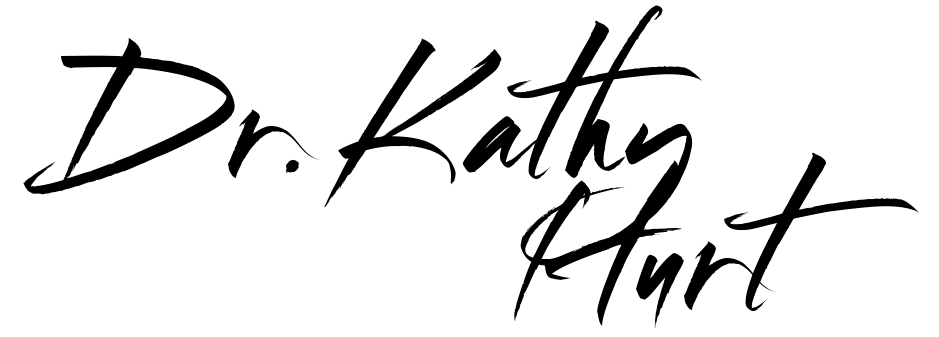I grew up in a church tradition that told us each Sunday how hopelessly depraved and sinful we were, with no possibility for being anything other than sinful unless we went through a specific kind of salvation experience taught by that tradition. By the time I reached college, I no longer believed in such a message and sought a tradition where I would hear how good and decent people were, how we were born good and had the capacity for being good without requiring some kind of external force or without undergoing some kind of salvation.
Then came the day when I caught a glimpse of something inside myself, something I believe is hidden within all of us to greater or lesser degree, what that childhood church might have intended to teach outside all the doctrinal layers, namely a capacity for meanness, even evil. That glimpse of my inner darkness occurred in an utterly innocuous fashion: I was walking in the house with my small son and his father, returning from errands and playing in the park. I entered the house first, my son was right behind me—and for a moment, just a split second but maybe one of the longest moments of my life, I considered letting go of the screen door so that it would hit my son while closing. I was not angry, impatient, feeling bad in any way, so I cannot point to some negative experience or emotion that might have understandably given rise to such an impulse. It was an ordinary, casual possibility that sat in my awareness as I contemplated it. Gratefully, I chose against the possibility: I held the screen door open rather than letting it go, and my son entered the house without incident. But to my abiding shame and dismay, I had, however fleetingly, held the notion of hurting my son for no reason whatsoever. And while I can offer no shortage of soothing explanations for a mother having such an impulse, while I can almost normalize that moment as one of those commonplace elements of parenting when the job gets tiring, none of those easy rationalizations finally erase what I saw in myself then, what I believe lives within all of us despite the lovely messages about inherent goodness: we are essentially good and decent; we also are embedded with the capacity for badness.
The poet Kabir provides a powerful image for this inner potential to do harm that resides in us when he asked, “how can you have God” if “deep inside you there is a loaded gun”? I saw that loaded gun inside me rising as I considered letting the door fall against my son. When have you seen your own loaded gun—and did you take it in hand to go forward with harming another in some way, or did you decline to pick it up? So many times since that moment with my son and the screen door I have seen my own gun rising inside me, sometimes coming all the way to the surface in hurtful words and actions, sometimes giving way to wiser words, compassionate actions, as I manage to override my inherent darkness. Kabir noted earlier in the poem that our righteous efforts to show that we are good and holy people will mean nothing so long as we carry that gun inside us, that claiming to be on the side of the angels, to be aligned with what is sacred, cannot count when violence still resides among and within us.
As we watch the horrors of war unfolding in the current conflict between Israel and Hamas, the loaded gun inside each individual is terribly on display. And we yearn to do something to end that conflict and put the gun away once more. But Kabir’s challenge stands before us while we watch others using their inner guns through hateful words and actions, many of them claiming to be words and acts of goodness, a challenge for us as we engage in what we believe are words and acts of goodness:
Go over and over your beads, paint weird designs on your forehead,
wear your hair matted, long, and ostentatious,
but when deep inside you there is a loaded gun,
how can you have God?
